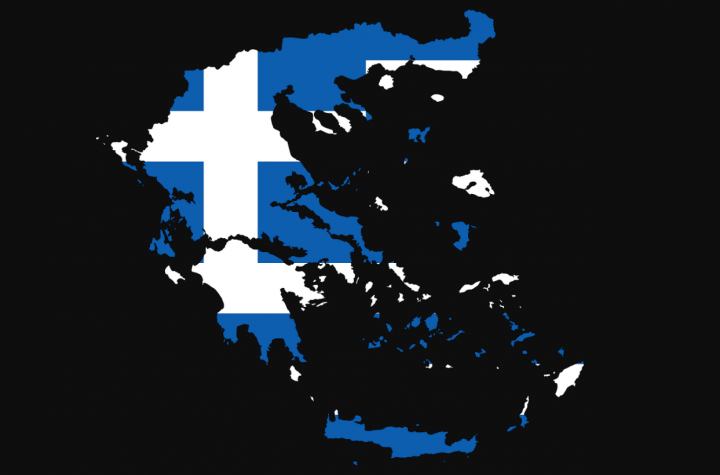So what are Eurobonds?
This is government debt which is backed by all the governments in the Eurozone.
What is the point of Eurobonds?
It is supposed to enable countries like Greece and Spain to borrow at lower interest rates
Why does Greece for example pay higher interest rates than a country like Germany?
Investors think Greek government debt is riskier than German government debt. In other words people think they are less likely to get their money back from the Greek government than the German government.
Why do people think they are less likely to get their money back from Greece than Germany?

Because the Greek government is hemorrhaging cash, something like 8% of GDP per year. The Greek governments spends around 8% of GDP more than it take in in taxes, this works out at around 2 billion Euros a month. This is how much the Greek government loses every month.
The only reason the Greek government is still functioning is because it receives bail outs from foreign governments.
So is the difference in borrowing costs between Greece and Germany justified and fair?
Definitely. Please see the answer directly above.
Assume Eurobonds come into existence and Greece can borrow at lower rates, who is going to pick up the tab if the country defaults?
All taxpayers in the EU will be on the hook for the losses.
Who benefits from Eurobonds?
Without a shadow of a doubt the central banks. Eurobonds allow central banks to lend to governments with zero risk. Assuming the Greek government issues Eurobonds and for some reason the Greek government is unable to pay back the money.
The only way the lenders will not get their money back is if Germany and/or France and/or Holland etc defaults, in short there is no risk to the Greek government or the people who lend the Greek government the money. If anything goes wrong ultimately European taxpayers will be on the hook for the losses.
Eurobonds give central banks carte blanche to make billions of Euros on the back of European taxpayers.
Your argument seems a bit hypothetical, can you give me a very basic analogy of the problem with them?
Sure, take your next door neighbour. Imagine your next door neighbour is France and you are Spain. Eurobonds allow your neighbour to take out a loan with you as guarantor whether you like it or not.
For example, you neighbour borrows money to start a business. The business fails with huge debts, with Eurobonds not only can the bank seize your neighbours assets, the bank can also seize your assets because the risk for the loan was shared with you.
In short, Eurobonds allow your neighbour to take out loans with your name being on the loan agreement alongside his.
You say if I like it or not but that’s not the case, my government is democratic, if they see something that is bad for me they wont do it. Your making it seem worse than it really is aren’t you?
Before I get to the democratic part of your question, the fundamentals of the Eurobond as I laid out in my previous answer still remain.
Getting to the democratic part. All governments in the EU seem to be in agreement that Eurobonds are the way to go, so they obviously must think Eurobonds are a good idea.
This should worry you.
All countries in the Eurozone seem to be in agreement that sharing of risk is a good idea. This does not make sense foir one very simple reason, they do not know what the other governments will use the money for.
If Greece for example wants to use Eurobonds to pay lavish pensions than it can do so. There is no control over what the money raised by Eurobonds will be used for.
And this is why Germany is insisting that for Eurobonds to be a sensible idea there needs to be some agreement on what the money can be spent on. I think this is pretty far from happening.
And that is basically it.



More Stories
Why Is There Income Inequality in the World?
Ένταση μεταξύ Λιάγκα – Καλύβα: «Κάτσε ρε Άρια να τελειώσω γ… σου!»
Six-day working day: what will change from July 1